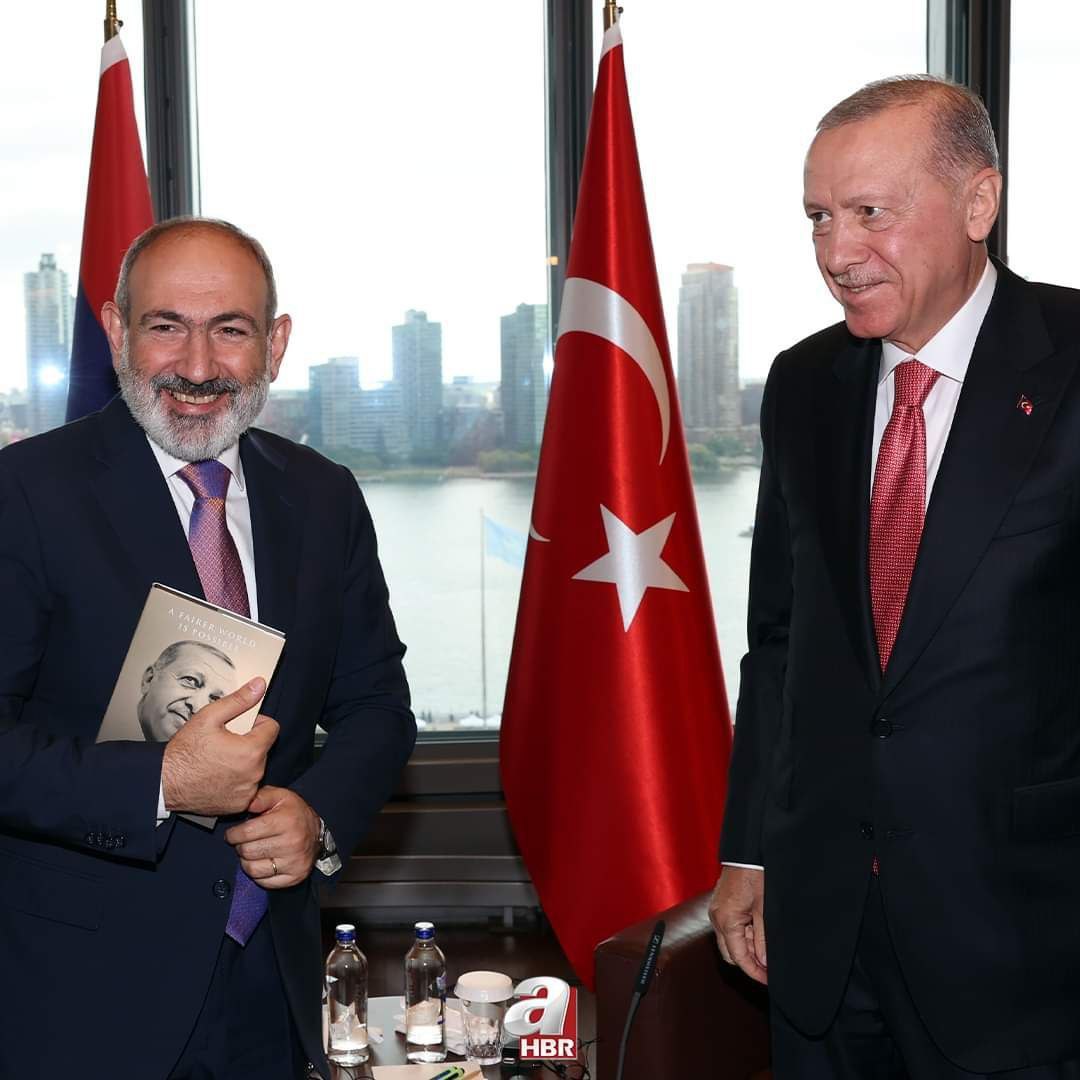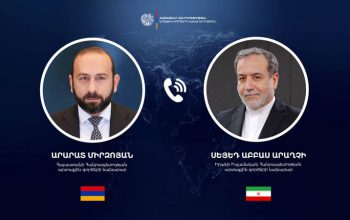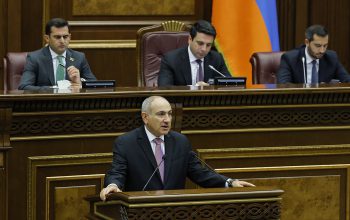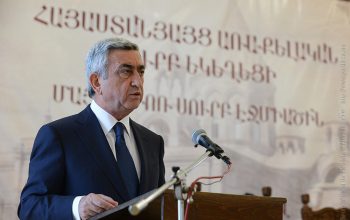Prime Minister Nikol Pashinyan’s recent comments on the Armenian Genocide have sparked outrage and concern among Armenians worldwide. His statements and the broader policies of his administration suggest an alarming shift in how Armenia addresses its history, particularly the genocide of 1915. By echoing Turkish denialist rhetoric and deprioritizing international recognition, Pashinyan risks undermining decades of efforts by the Armenian people to hold Turkey accountable and honor the memory of 1.5 million Armenians systematically exterminated by the Ottoman Empire.
Pashinyan raised questions about the shift in the discussion surrounding the Armenian Genocide between 1939 and the 1950s. While the intent behind his comments remains unclear, his musings dangerously mirror Turkey’s long-standing narrative that seeks to sow doubt and ambiguity about the genocide. By asking, “How did this shift occur?” Pashinyan appears to cast doubt on the steadfast commitment of Armenians to preserving the memory of this atrocity.
This follows last year’s troubling statement by Armenian Foreign Minister Ararat Mirzoyan, who claimed that promoting international recognition of the Armenian Genocide is not the prerogative of Armenia’s Foreign Ministry. Mirzoyan even suggested that the issue should be left to historians—a position long championed by Ankara to deflect accountability and international pressure.
Pashinyan’s approach reflects a broader willingness to normalize relations with Turkey at the expense of Armenia’s national interests. In April 2024, his use of the term Mets Eghern (Great Massacre) instead of “genocide” during the 109th anniversary of the genocide raised eyebrows. While the ruling Civil Contract Party denied that the term genocide would be abandoned, Pashinyan’s language and tone suggested otherwise.
The Lemkin Institute for the Prevention of Genocide expressed alarm over Pashinyan’s April 24, 2024, statement, accusing him of implicitly shifting blame onto Armenians for their own genocide. By suggesting that Armenians misunderstood the politics of the time and failed to protect themselves, Pashinyan echoed Turkey’s justification for the genocide. Such rhetoric not only absolves Turkey of responsibility but also undermines the decades-long struggle of the Armenian Diaspora, genocide scholars, and activists for recognition and justice.
Pashinyan’s alignment with Turkish narratives is not just a betrayal of historical truth but a dangerous precedent that threatens Armenia’s geopolitical standing. The Armenian Genocide, recognized by many states and international organizations, including the United States, France, and Russia, is a cornerstone of Armenia’s identity and a unifying cause for the Armenian Diaspora. By downplaying its significance, Pashinyan jeopardizes Armenia’s moral authority and solidarity with its global community.
Turkey’s denial of the Armenian Genocide is a central component of its national policy. For Pashinyan to adopt language and positions that align with Ankara’s narrative is a profound betrayal. It delegitimizes the suffering of 1.5 million Armenians and dishonors the survivors who fought to keep the memory of this atrocity alive.
Armenians must confront this dangerous trend within their own leadership. The memory of the Armenian Genocide is not just a historical issue—it is a moral and political imperative. Pashinyan’s flirtation with denialist rhetoric cannot be allowed to stand unchallenged. It is a betrayal of the Armenian people, their history, and their future.
The Armenian nation, both in Armenia and the Diaspora, must hold its leaders accountable. Pashinyan’s actions are a reminder that the fight for justice and recognition of the Armenian Genocide is far from over—and that this fight must include ensuring that Armenian leaders never waver in their commitment to truth and justice.




